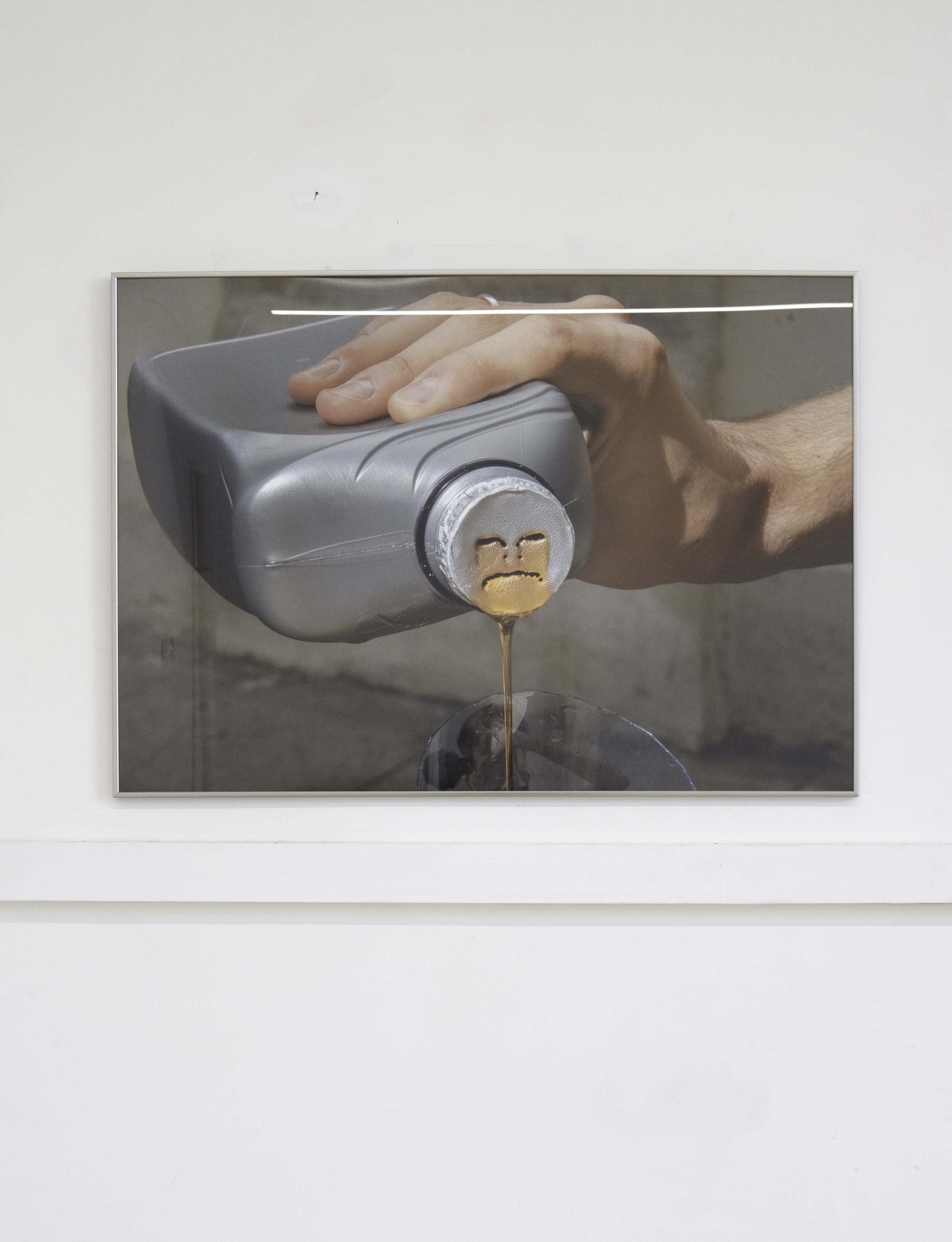

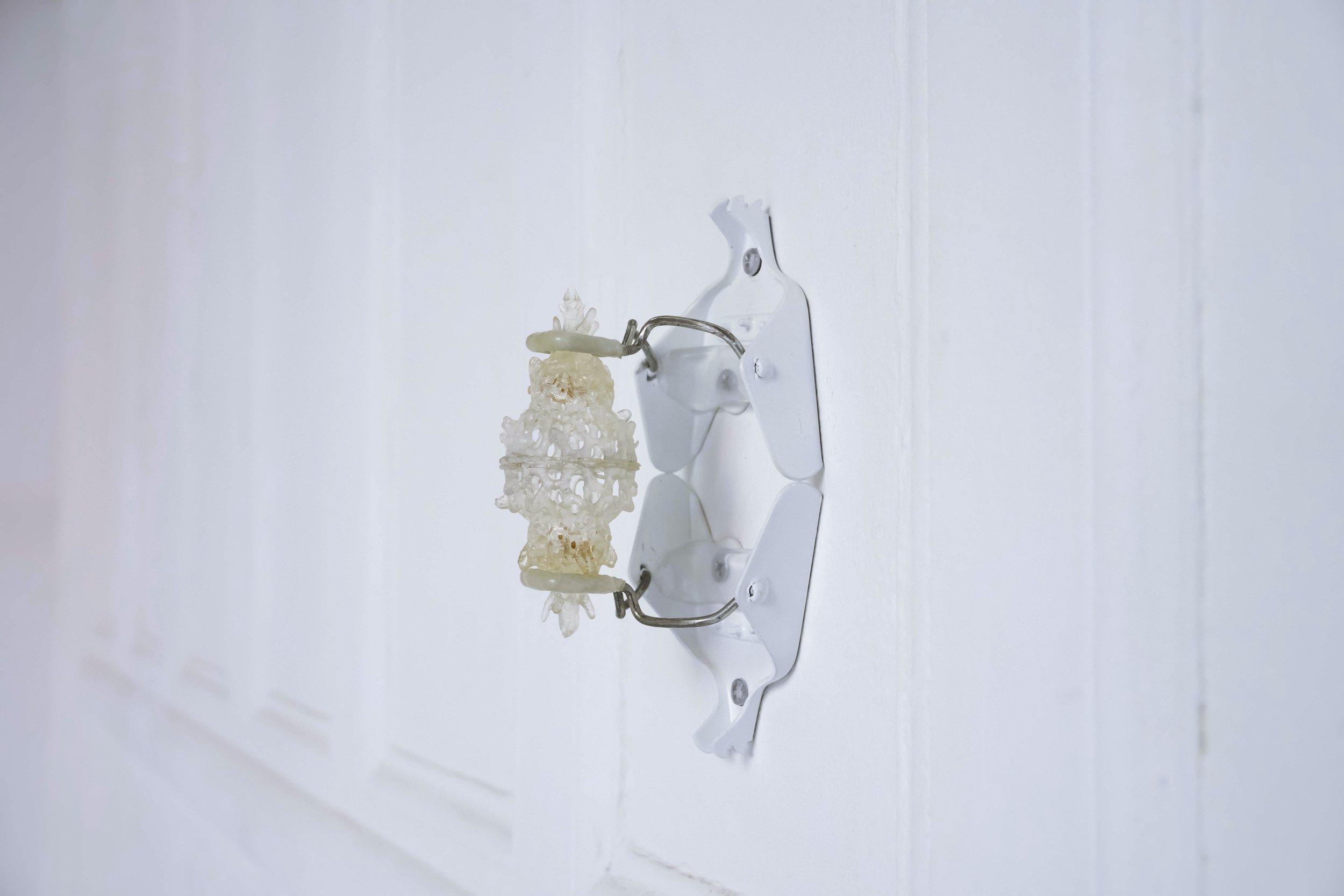
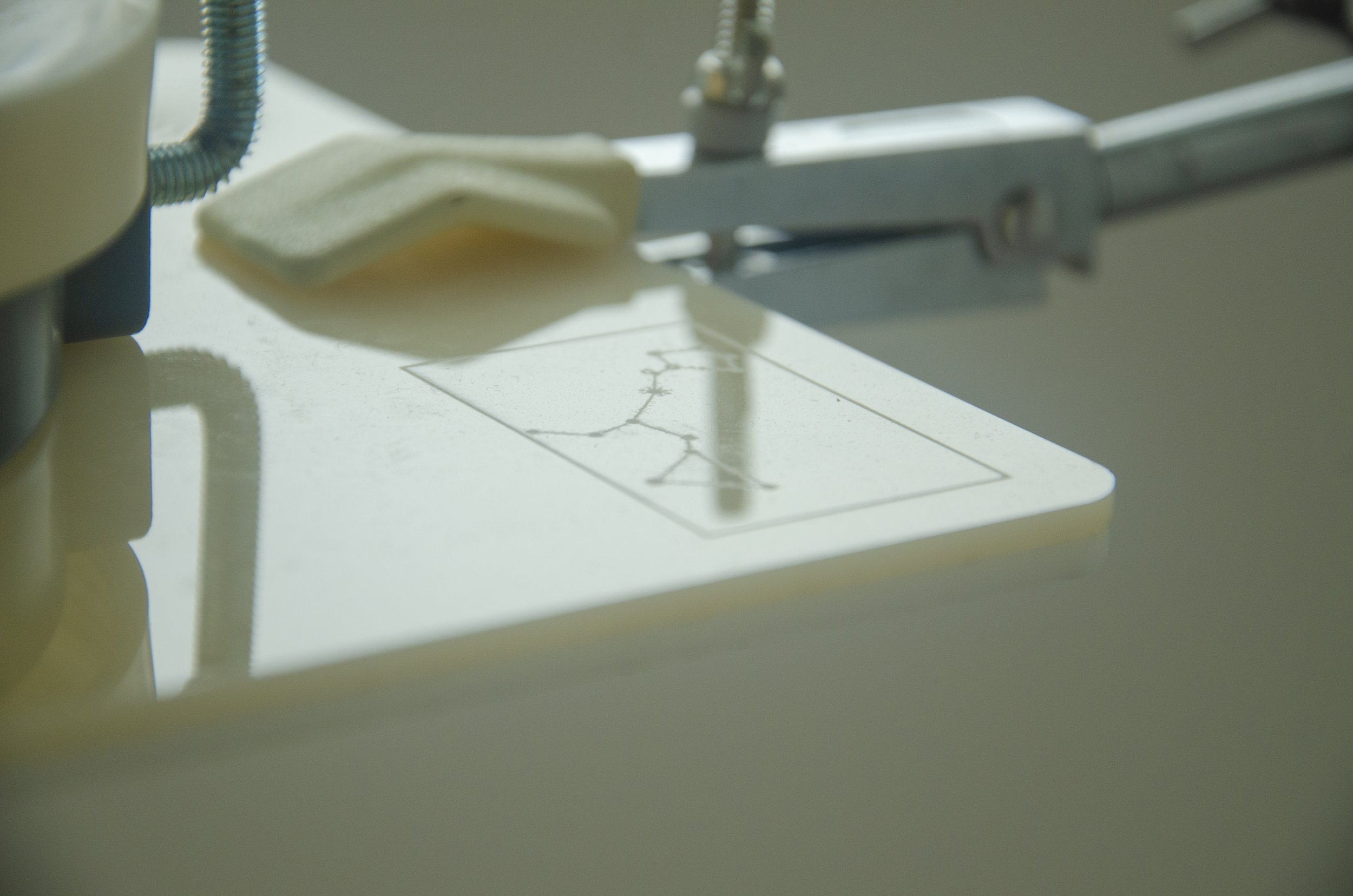
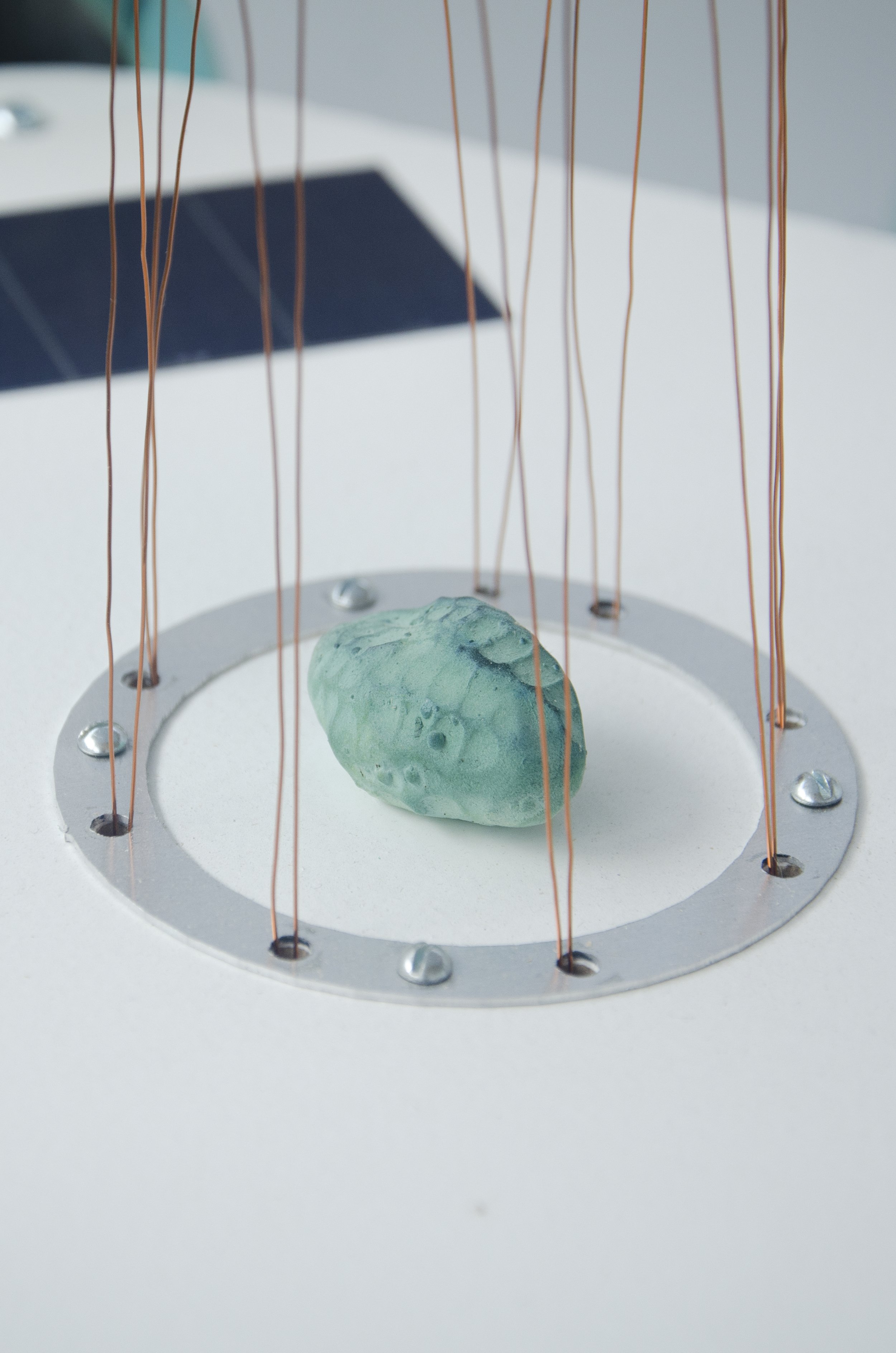

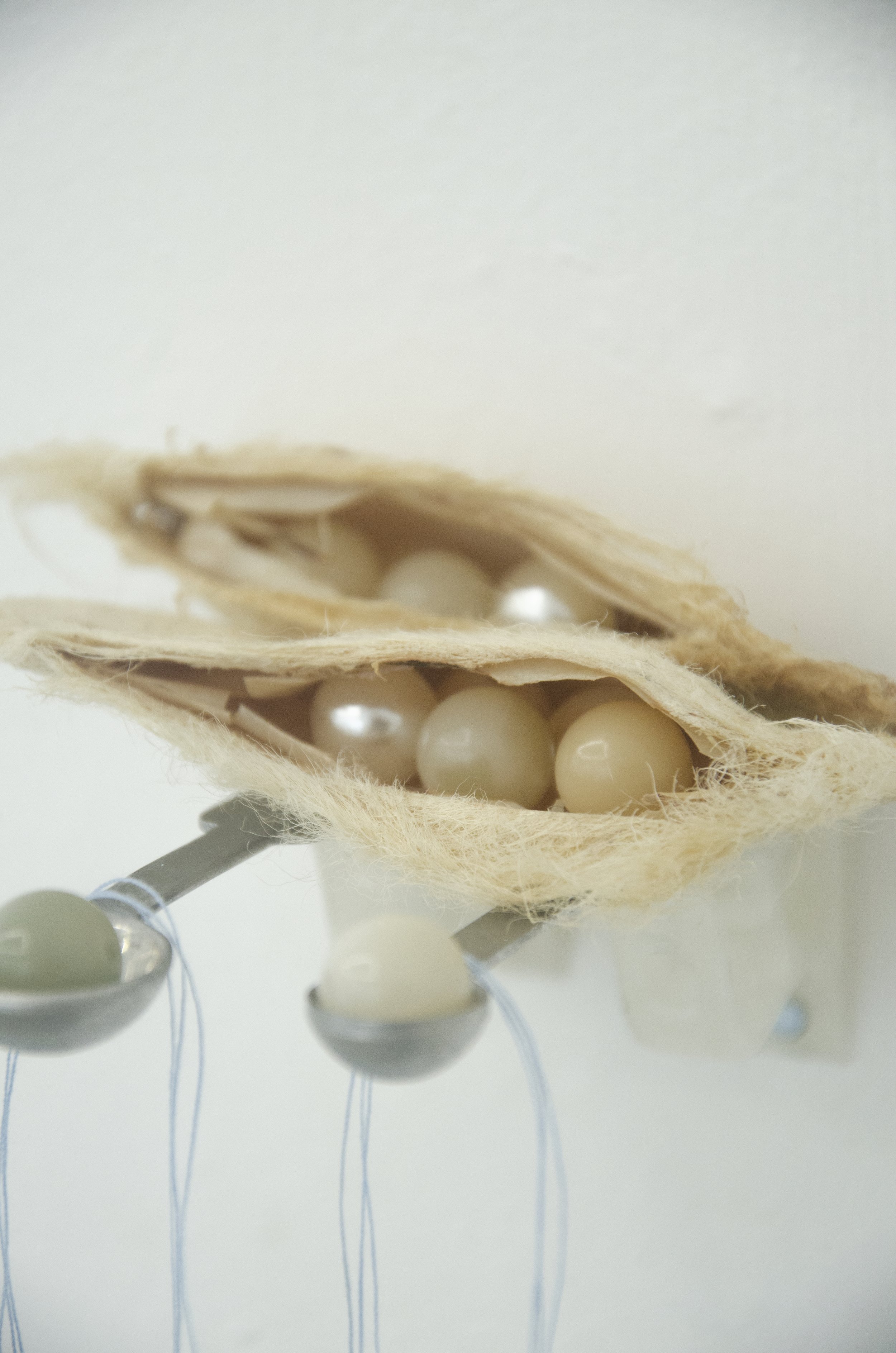
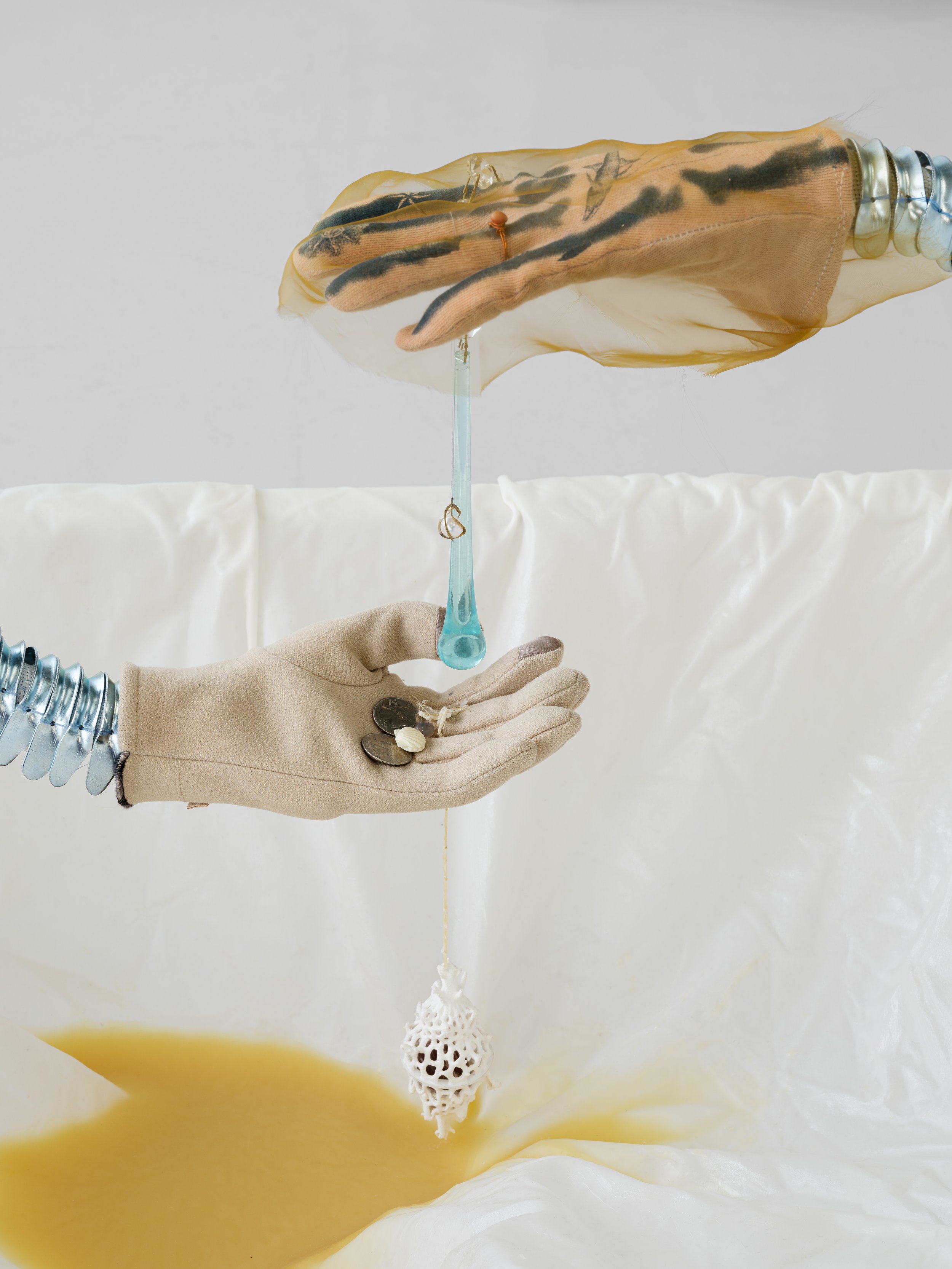
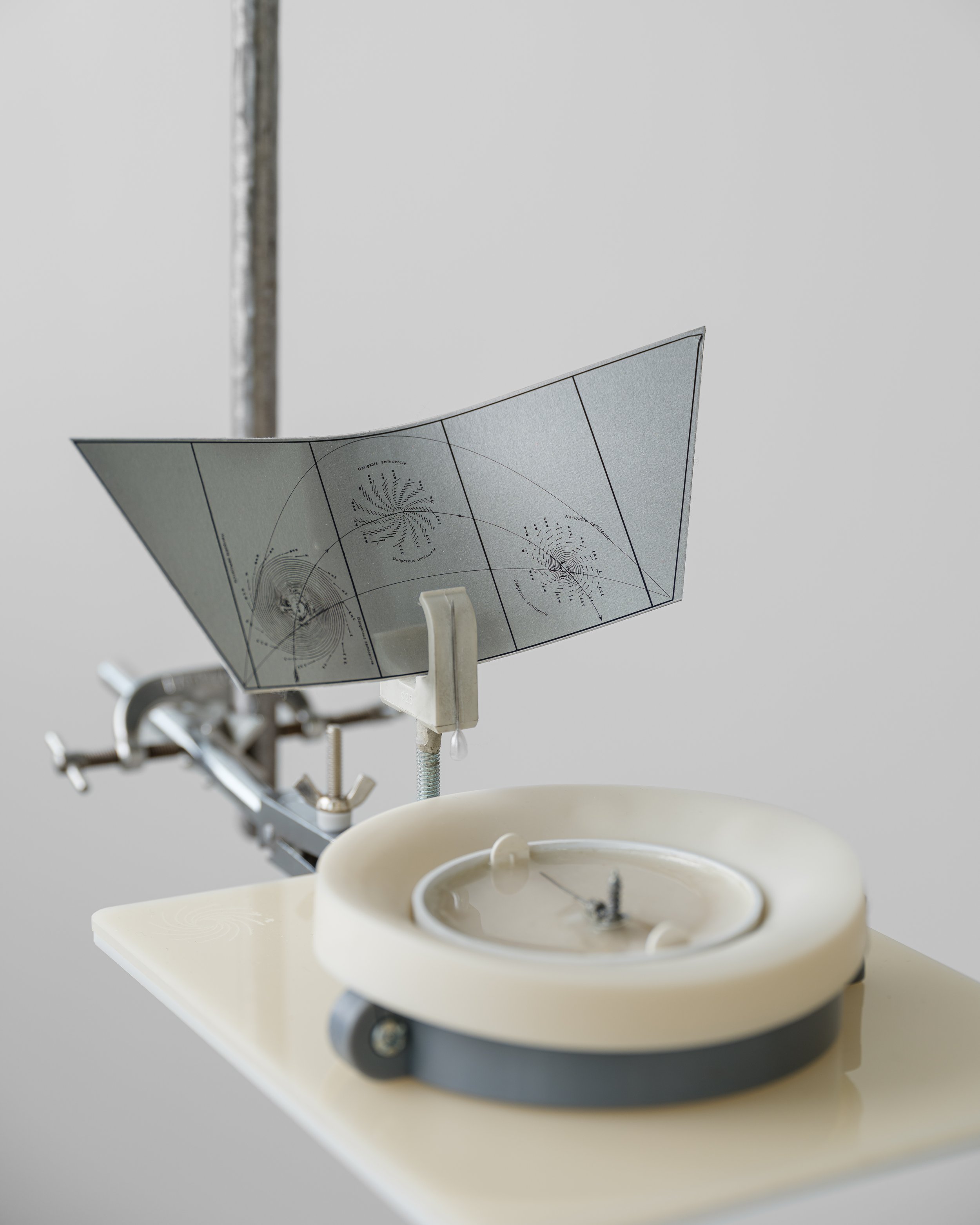
THE INTERVIEW
Joshua Merchan Rodriguez
1. Could you share a bit about your background and what led you to start your art practice?
I think I always wanted to be an artist since I was a kid, but maybe it's my desire to tell stories. I don't necessarily want to write them, so I prefer telling the stories through materials. The research phase is an essential part of my work, and each piece is like a way to tell a different story. And the overview of all the stories tells an even bigger story.
Q: Would you say art has always been a big part of your life?
During my childhood, I wanted to do many things. I wanted to be a palaeontologist, a veterinarian, and after that, I wanted to make movies… and I think, for me, art is like the way to do all of that at the same time, in a certain way.
2. What themes does your work explore?
I don't have a theme as such; I pay particular attention to what I call historical, political, and poetic “knots” and the manipulation and displacement of living and non-living matter that takes place within them. Like the commodification of the coca leaf in the 18th century, or my own vitamin D deficiency due to my lack of sun in Europe. By stretching the threads that make up these "knots," I try to highlight the complexities of our current human and inter-species relationships.
3. Where do you find inspiration for your work?
I spend a lot of time on the Internet, exploring all kinds of resources, and the fact that I spent the first part of my life in Colombia has had a considerable impact on my work too. I dive into my memories a lot, too, trying to make connections across all my temporalities.
4. Can you walk us through your creative process and how you bring an idea to life?
It depends, but a big part of it is the research: reading a lot of things, watching YouTube videos, listening to music…and then those ideas start to take multiple forms. And then maybe talking with people—with friends, with people that I trust— that helps me a lot.
Q: Earlier you said that art is kind of how you tell stories without writing them, what kind of stories do you think you’d like to tell with your work?
More recently, for example, my degree show, I did a lot of research about whales and the way that a part of humanity has approached that animal—how in the West humans have perceived the whales like a resource of energy or merchandise, before perceiving it as a living being.
For years, the major economic powers killed and transformed those big, massive bodies into oil. Until the 19th century, large Western cities were illuminated by the glow of cetacean bodies in their liquid form, contained in street lighting.
It's a research that I'm continuing to delve into, and that bears witness to the issues I approach through my work. I find that the form of fiction allows me to approach reality through a particular filter.
Q: What stories or ideas are you exploring in your current work?
Right now I’m working a lot around entropy and the way matter loses the heat and brings it to decomposition, the way of preserving bodies and bringing the bodies to another life in a spiritual way. I’m also interested in alchemy; I’m reading a lot of things on that
I think, for me, it's important to have not only a political approach, or, like a materialistic approach, but also a poetic way of presenting the histories. The poetry, I think is very important. I feel it sometimes, that my pieces can be a poem… a material poem.
Q: Your work seems to have a lot of natural material and imagery built into it, where do you think that comes from?
I find that there are already so many objects or images on earth that have their own temporality; I like to invoke what they contain according to what I want to show. My working process is rather fluid; sometimes an existing form can be more powerful by shifting its usual use than creating an object from scratch.
5. What is the project you’re most proud of to date?
I think I love them all like my children. Even the weird ones, I keep them all in my heart. But maybe my degree show is a recent one; it was a really good moment to share with those present.
But even the projects I'm working on right now that don’t exist yet—I can't wait to see them take shape.
6. Do you see yourself staying in Paris long-term, or are there other cities that inspire you to work there?
It's hard to project yourself in one single place, I like to be mobile. Having multiple roots and multiple homes. For the moment, I feel at home in Paris, but I want to continue exploring my other homes, particularly in Mexico and Colombia.
7. What would you like to accomplish in the next few years?
I’d like to continue to make beautiful projects, in beautiful places and continue to collaborate and exchange with people like I've been able to do lately. I never have had the opportunity to have a solo show in Paris so I’d really like to do that. One of my goals is to go to New York, I've never been there and why not also to have a solo show there.

